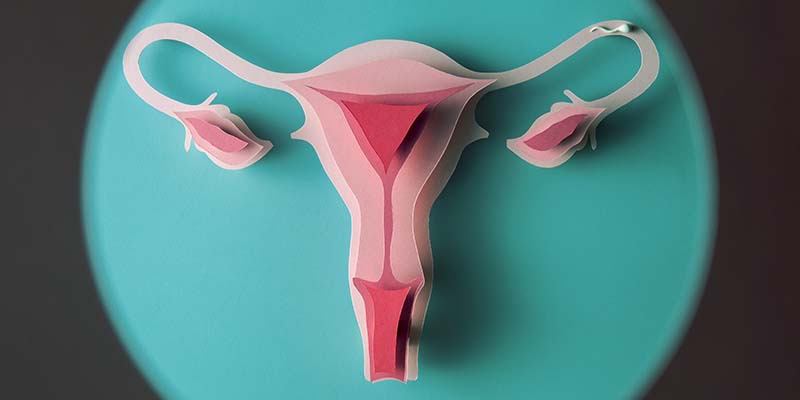Ovarian Hyperstimulation syndrome(OHSS) is an excessive response to ovulation induction. It is the main reason for abdominal pain during IVF treatment. Fertility treatment utilizes some medical techniques which help in the production of eggs and then fertilization. Ovarian hyperstimulation occurs as a side effect of excessive ovarian stimulation, commonly seen during IVF treatment. OHSS is less common in women who take fertility medications in oral form(oral ovulogens).
WHAT IS OHSS:
When a woman has abdominal pain during IVF fertility treatment, she is more likely to have OHSS. Women who are having fertility issues are given medications to produce multiple mature eggs. These medications stimulate the ovaries excessively. As a result of it, the ovaries get extremely swollen for some women.
Ovaries are enlarged in ovarian hyperstimulation with the release of some chemicals into the bloodstream. This causes fluid leakage into the abdomen and space around the heart and lungs. Depending on the severity of the presentation OHSS can be categorized as mild, moderate, or severe. About 33% of women undergoing fertility treatment can develop mild OHSS and about 1% can develop moderate to severe during IVF treatment. Your fertility specialist will explain the probabilities based on your risk factor.
SYMPTOMS:
OHSS symptoms range from mild to severe.
Some of the mild OHSS symptoms are:
*Abdominal pain
*Weight gain
*Increased waist size
*Nausea
*Vomiting
*Diarrohea
Some of the severe OHSS symptoms are:
* Experience difficulty breathing
* Gaining weight quickly
* Reduced urination
* Formation of blood clots
*Nausea, vomiting, and diarrhea that is more severe
If you get any of the above-mentioned symptoms consult your fertility specialist. Follow their instruction clearly to get rid of this complication.
TREATMENT OF MILD OHSS:
The treatment of mild OHSS can be done as outpatient management and follow-up. If the patient experience worsening symptoms, she needs to get admitted. Fluid management, mild analgesics, and rest with close follow-up are needed. Usually, mild OHSS will settle in 7-10 days.
TREATMENT OF SEVERE OHSS:
Severe OHS is a challenging complication. Supportive therapy is given depending on the patient’s general condition. If there’s fluid accumulation, IV fluids, IV albumin, and other adjunct medications will be given to stabilize the situation. Fluid tapping may be required in severe ascites.
Your fertility specialist will take precautions and avoid the usual HCG trigger if you show signs of OHSS. After egg retrieval, if you have this OHSS, you will be given special medications to help in the resolution of this condition.
On the whole, OHSS is a treatable complication, but the length of time depends on your level of complication and your cooperation with the medical team. The dreadful OHSS was once a nightmare for the fertility specialist now we almost run an OHSS-free clinic with the advent of newer protocols of ovarian stimulation and monitoring.








